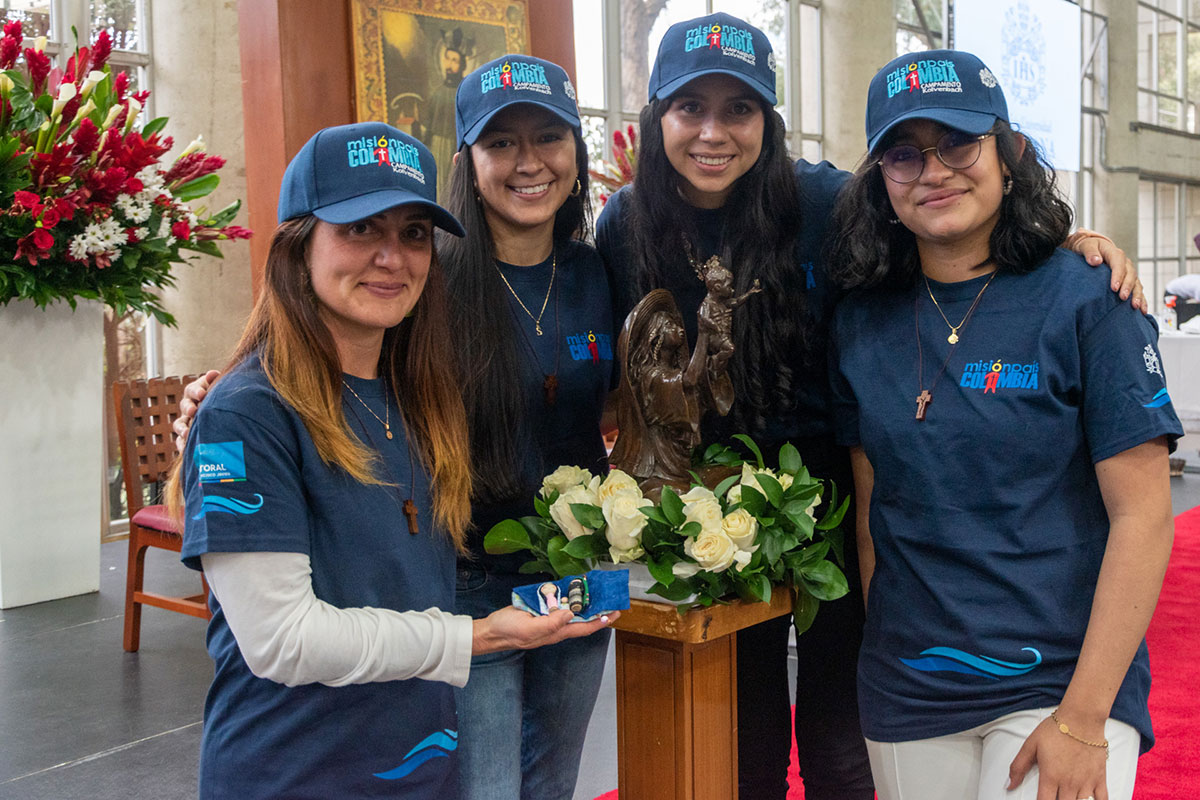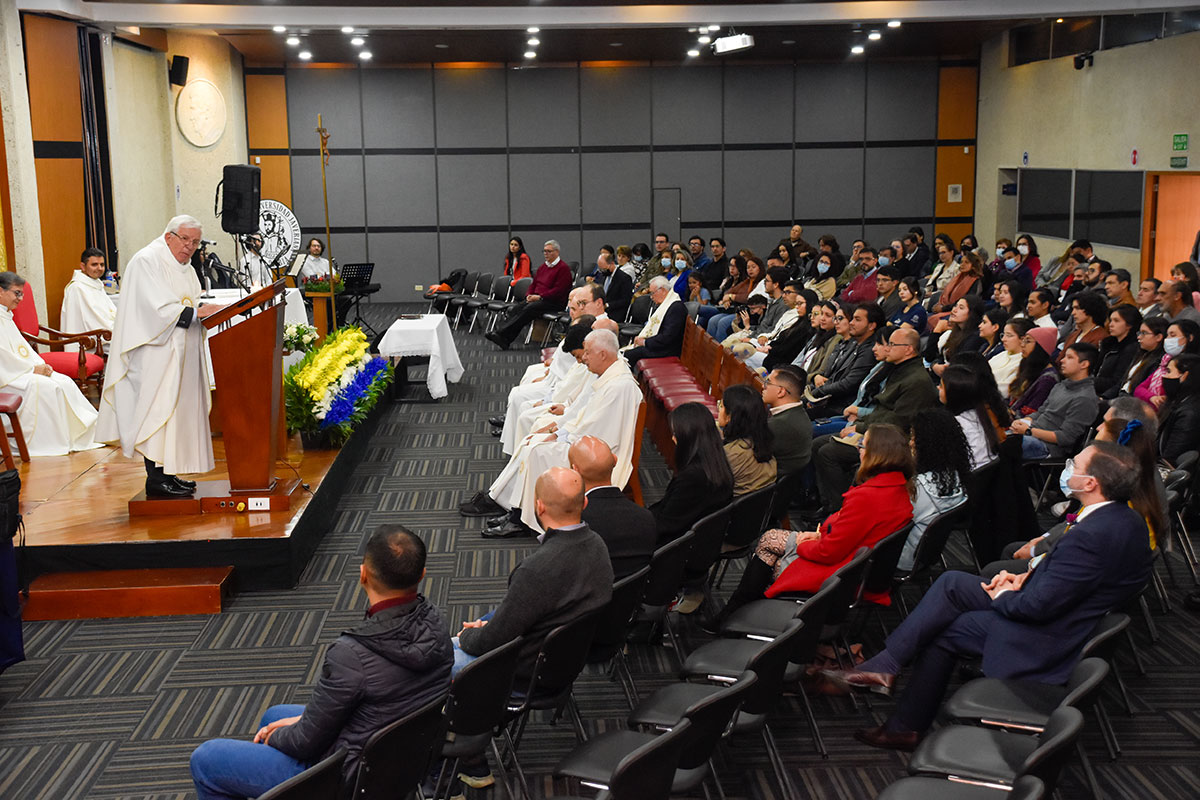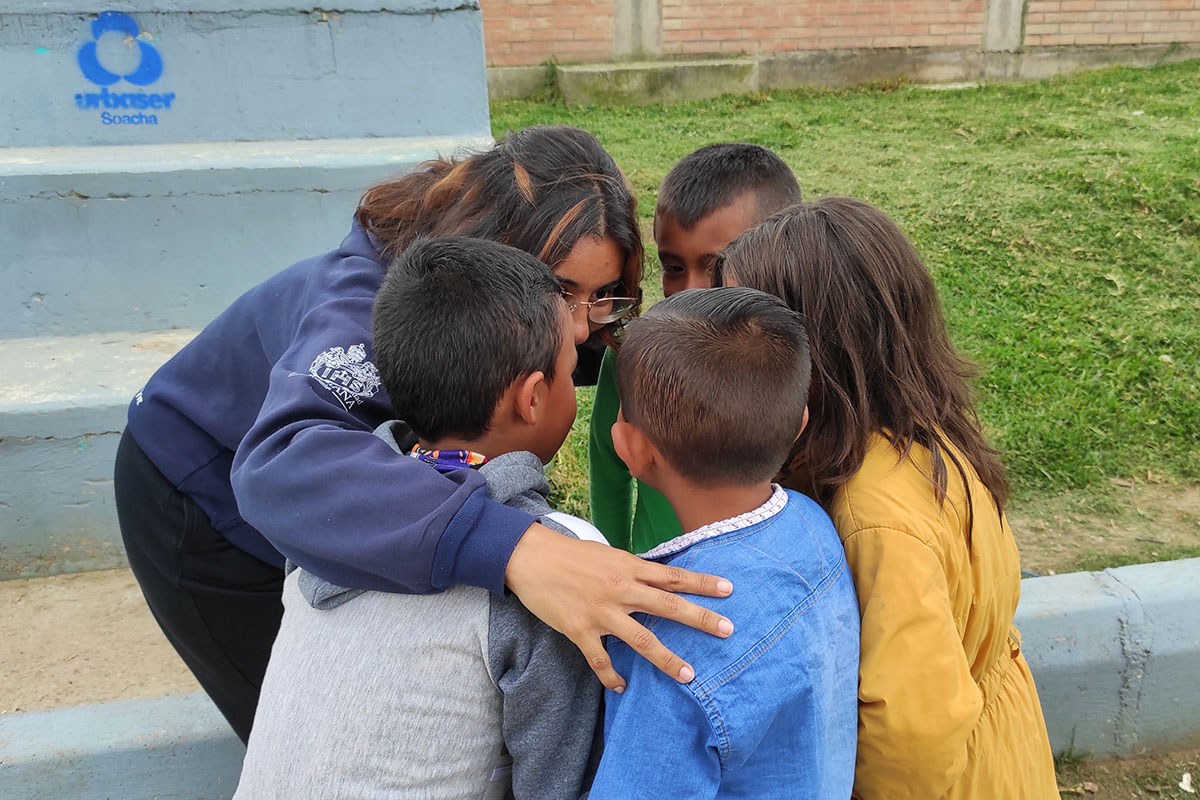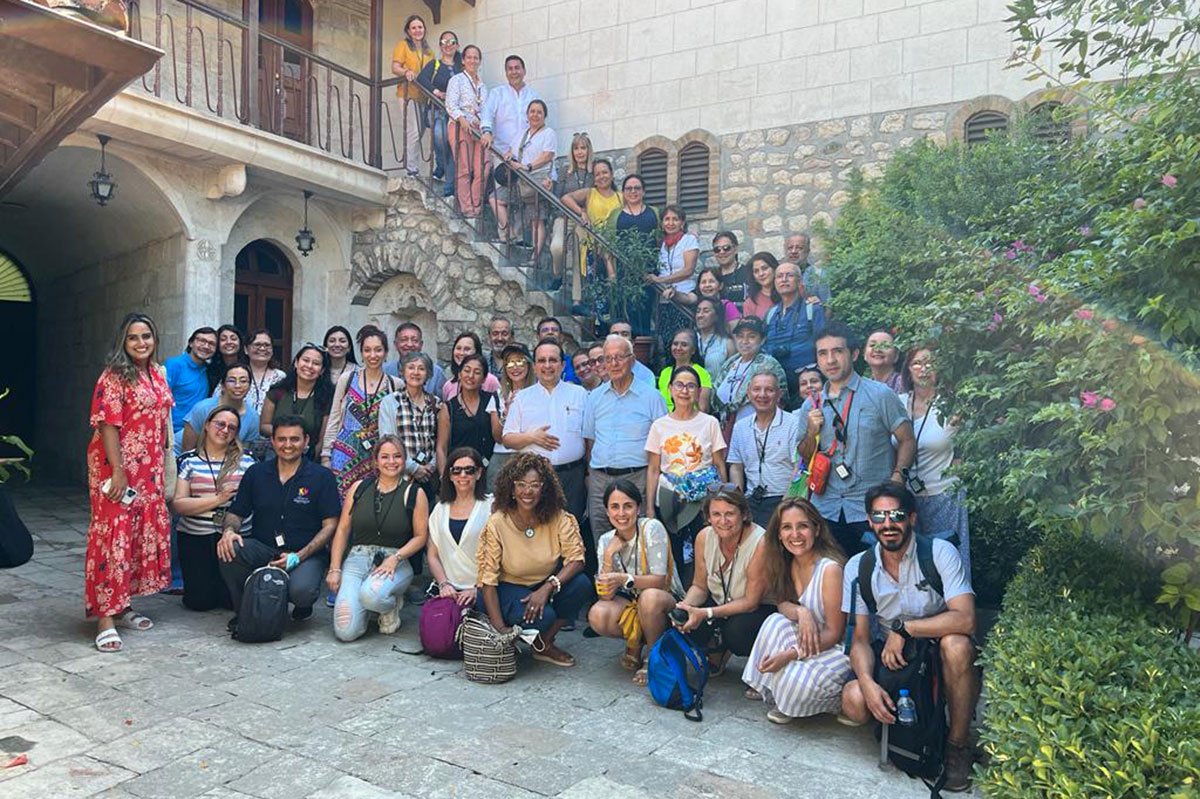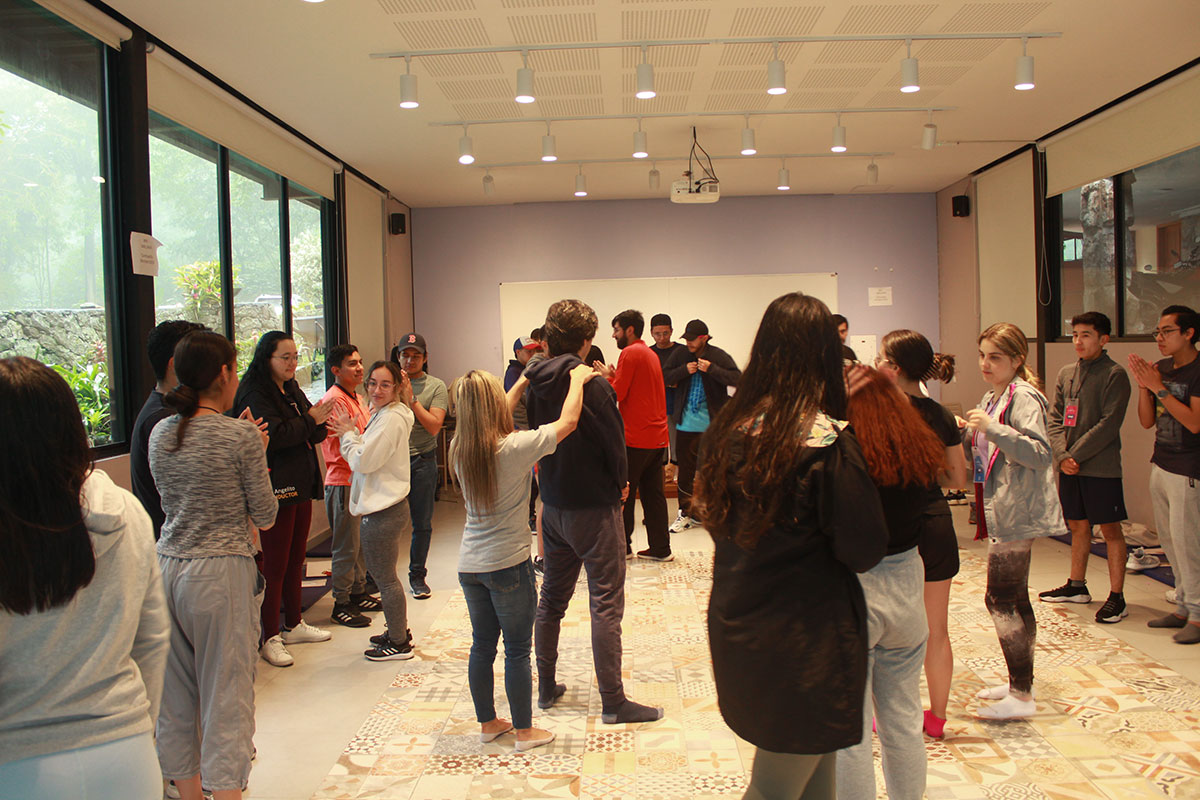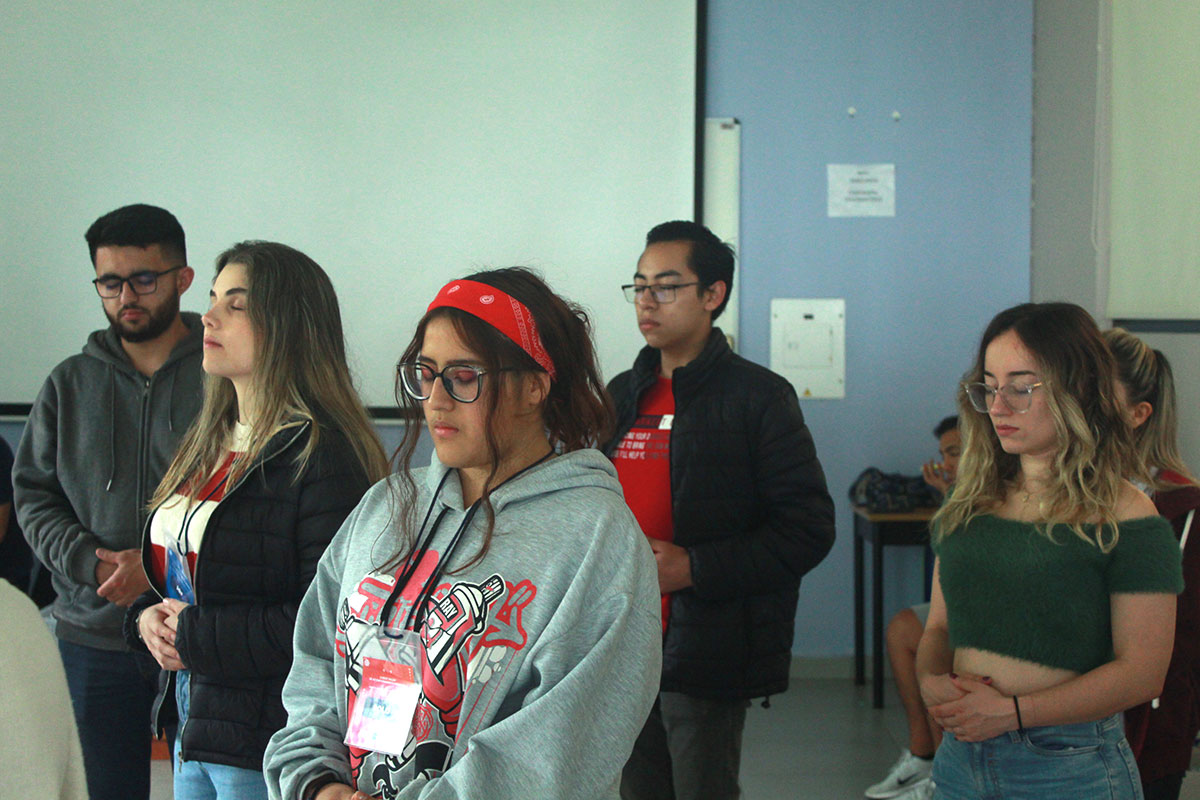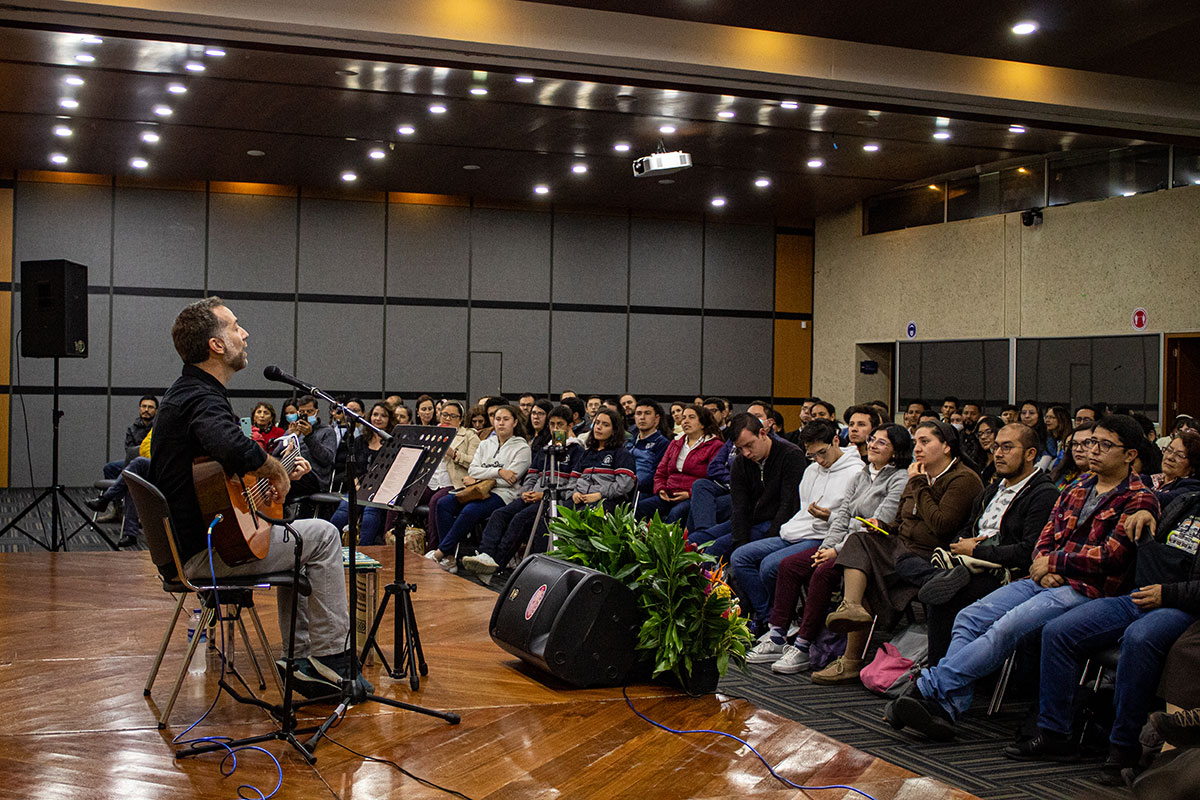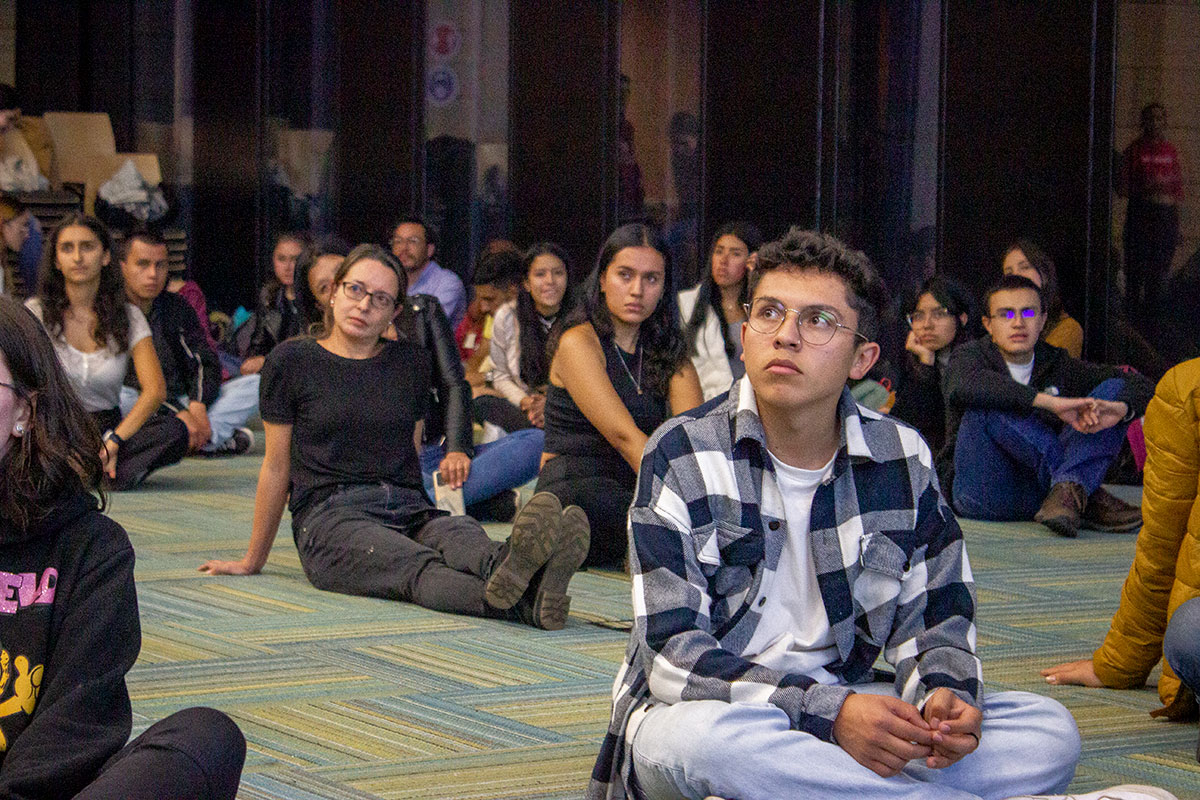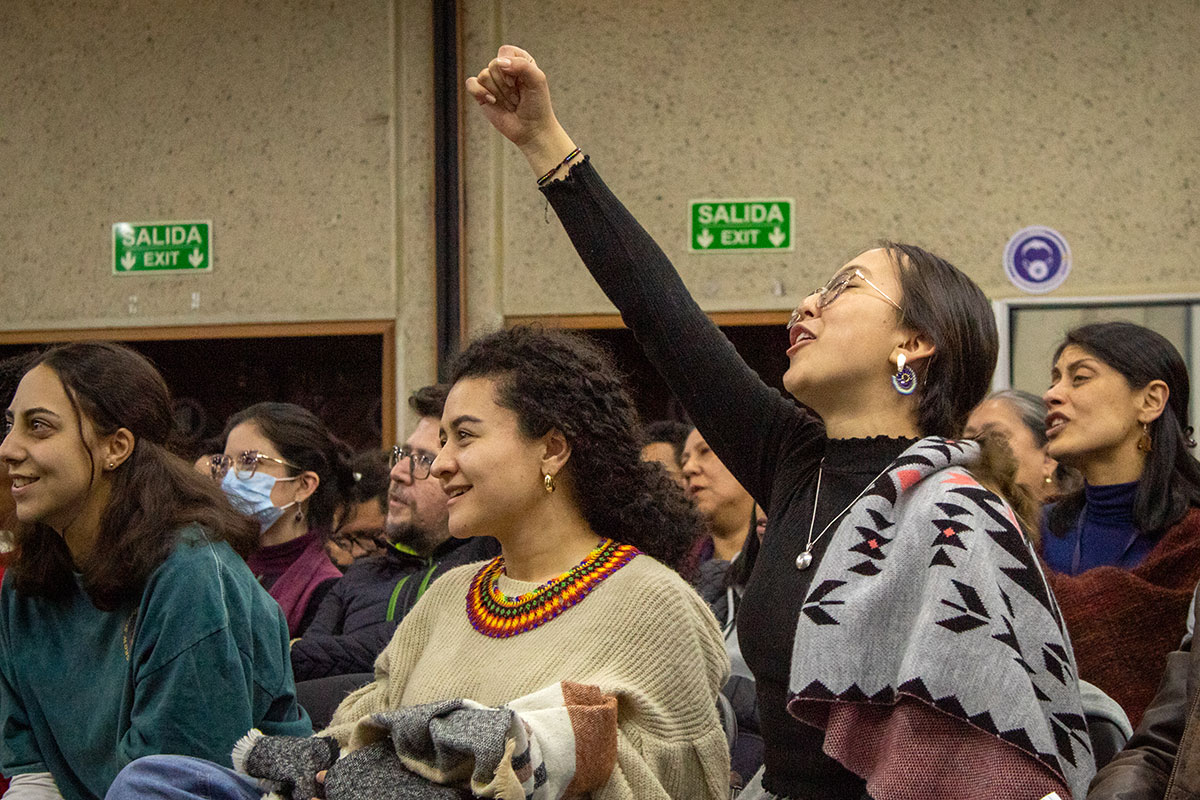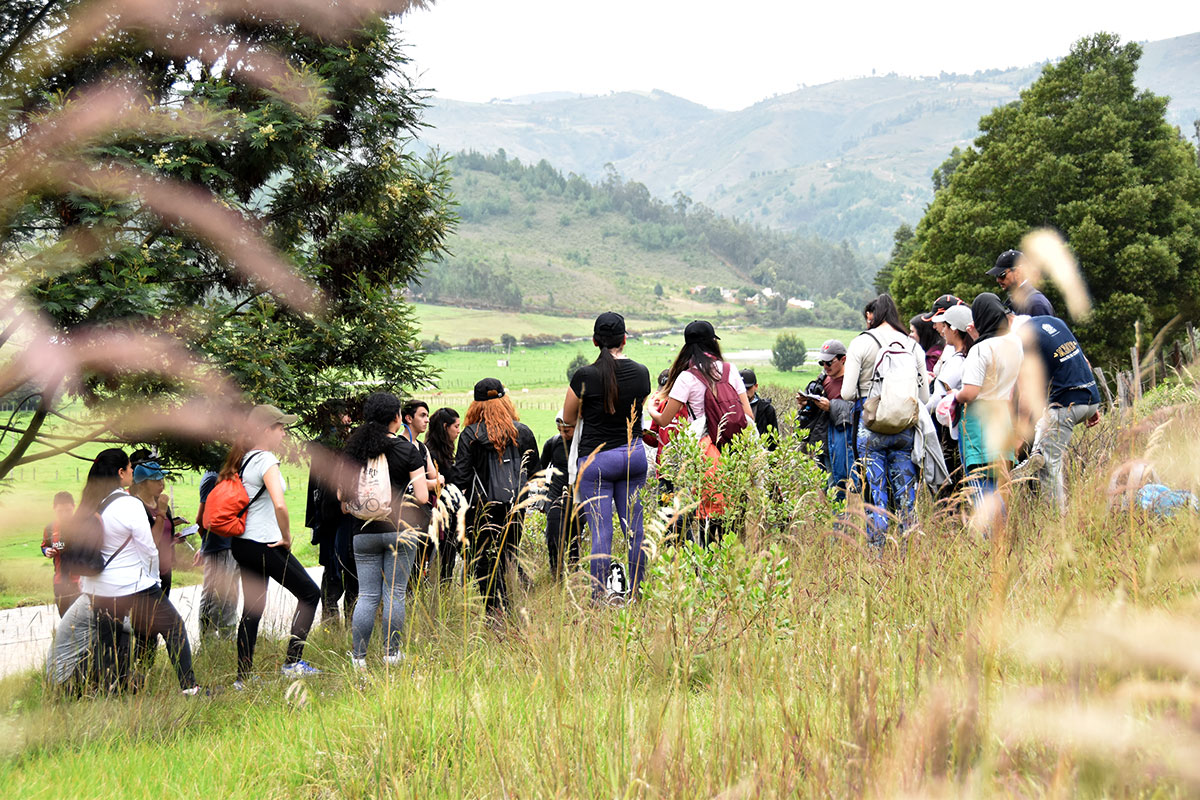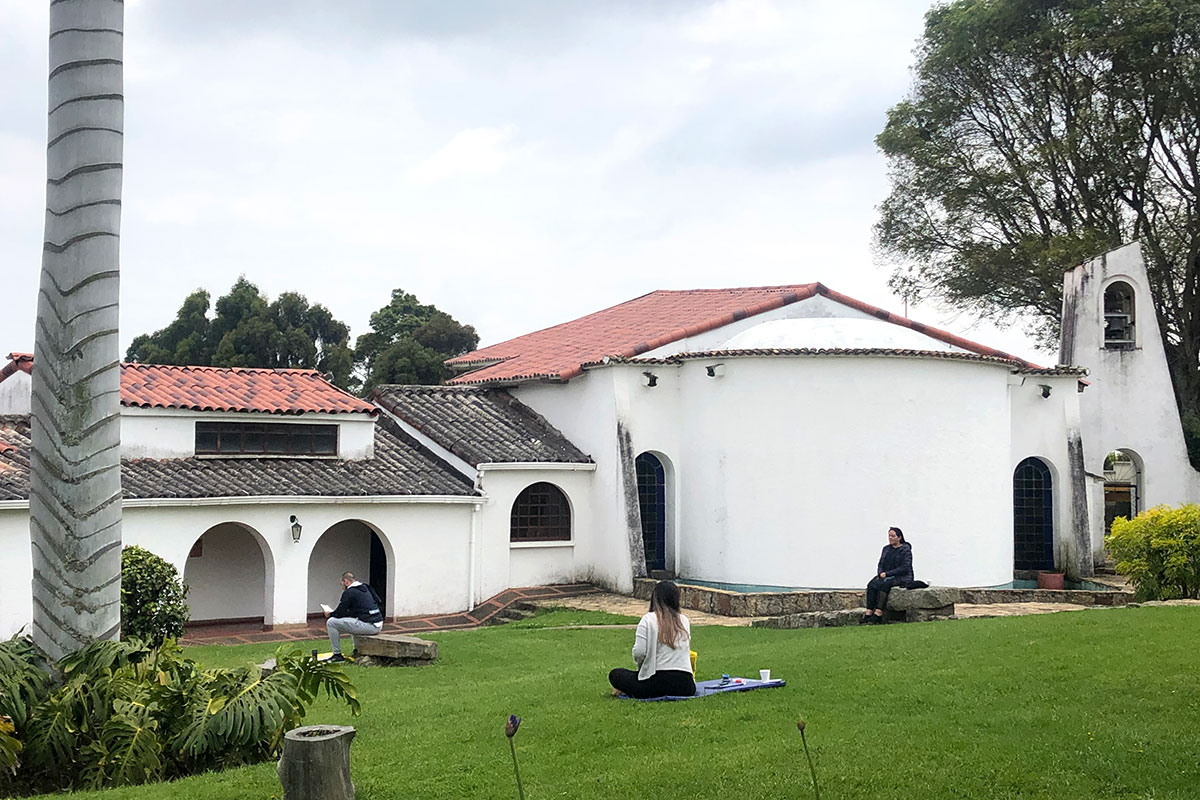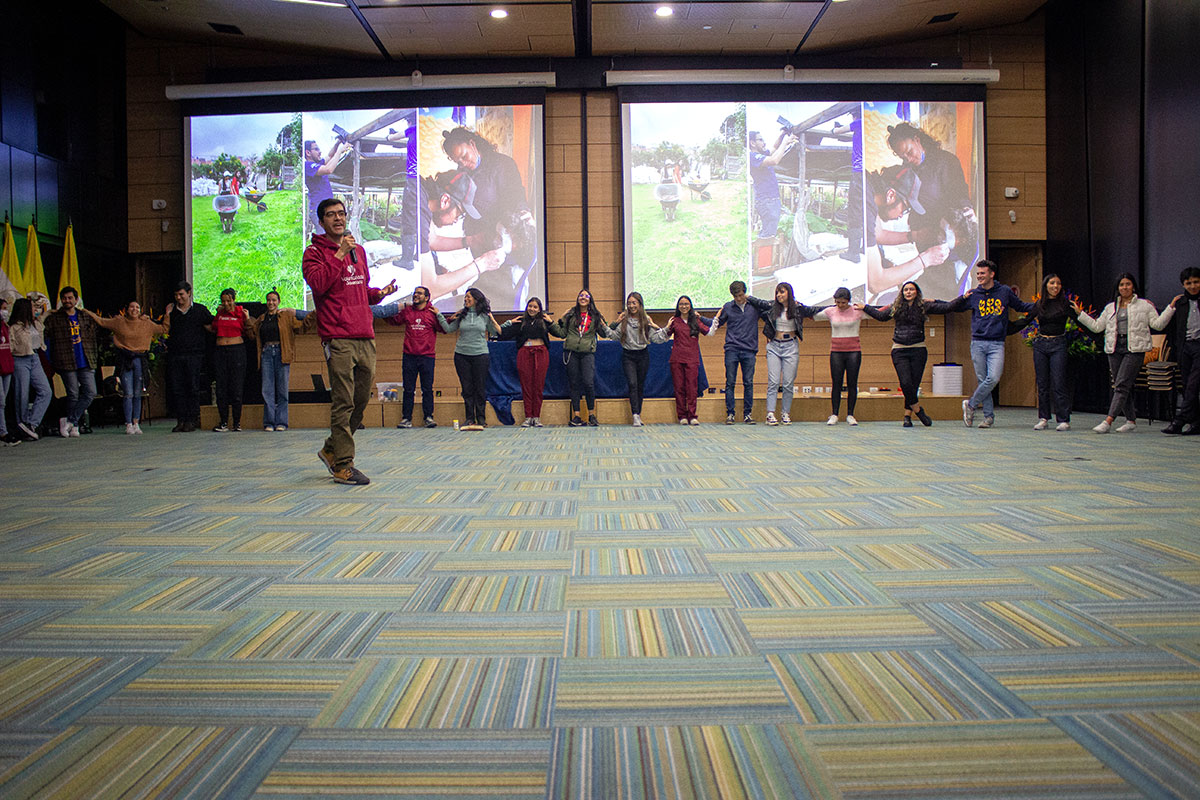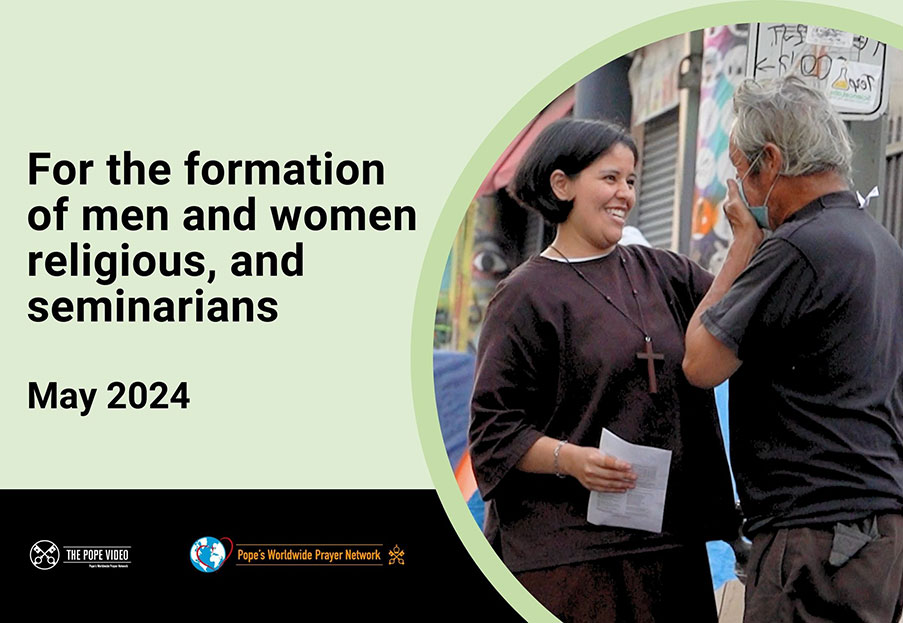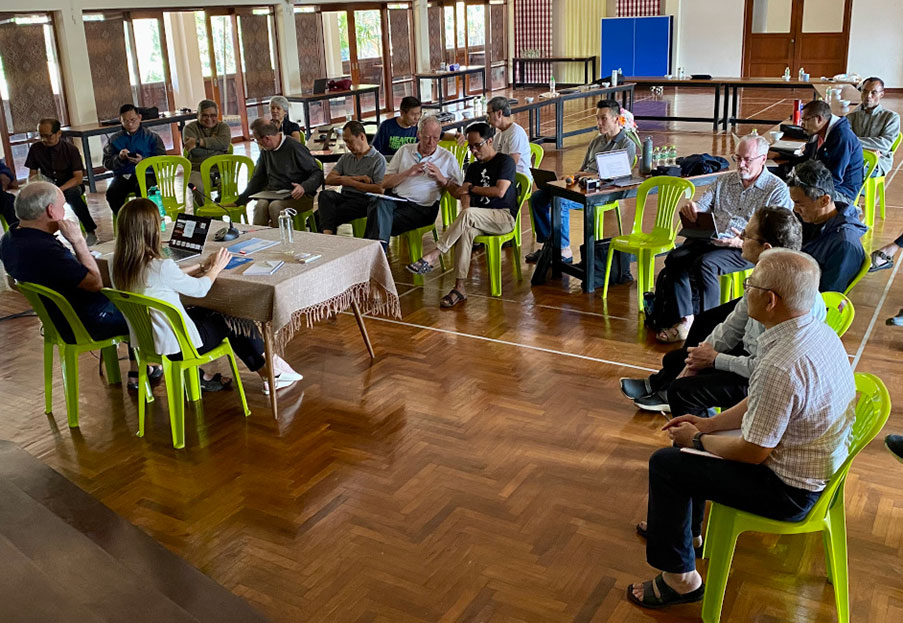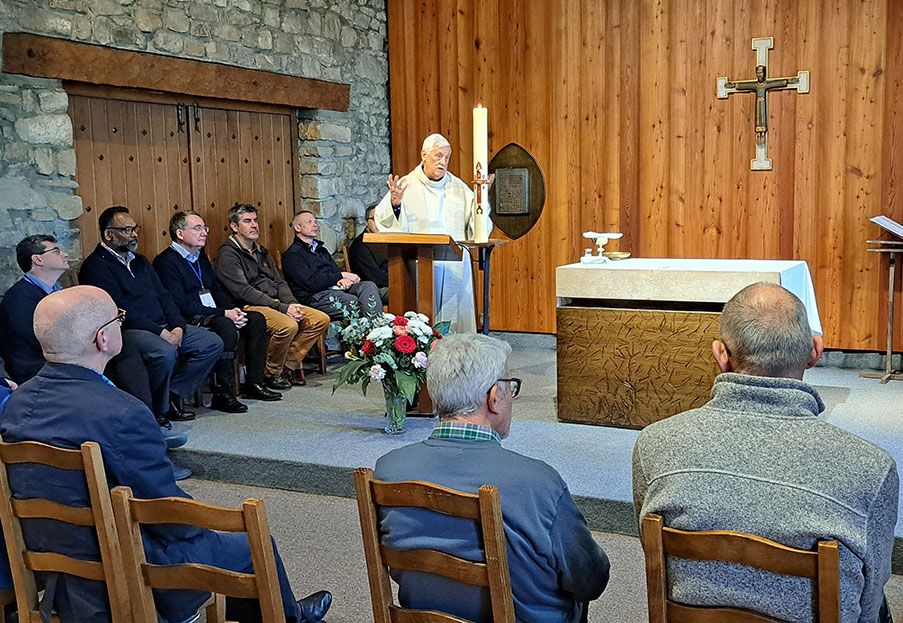University ministry in Colombia: Ignatian identity and community service
La Javeriana is the name of the Jesuit University in Bogotá (Colombia). Clearly, the institution is named after Saint Francis Xavier. To remind students of this, the university’s pastoral center is called the “Centro Pastoral San Francisco Javier”. During Father General’s visit to Colombia, we met the director of the centre, Andrés Hernández, a young Jesuit ordained in 2020. This is how he describes his mission.
I
believe that our pastoral ministry inculcates a spirit of “the way”. This is a typical
element in both Ignatian spirituality, and the Society’s approach to pedagogy
at the university. Our mission is to “accompany” people along this way, to help
young people to discover paths along which they can make good decisions, to
lift up those who have fallen, to open up horizons along that path, as well as to
care for those who accompany. In short, we try to make ourselves “a path”, just
as the Lord himself is the way for us (Jn 14:6). This is our way of sharing the
Good News. This is the mission of the team of 26 people who constitute the Center.
Like St Francis Xavier, they feel that they are missionaries too. We walk together,
with each other, in this complex university world, in which horizons are ever
extended. Experience and communication inform this missionary enterprise.
Pastoral strategies are constantly revised in the light of experience. It is by
word of mouth that people get to know the types of services we provide, and
what these can contribute to their lives.
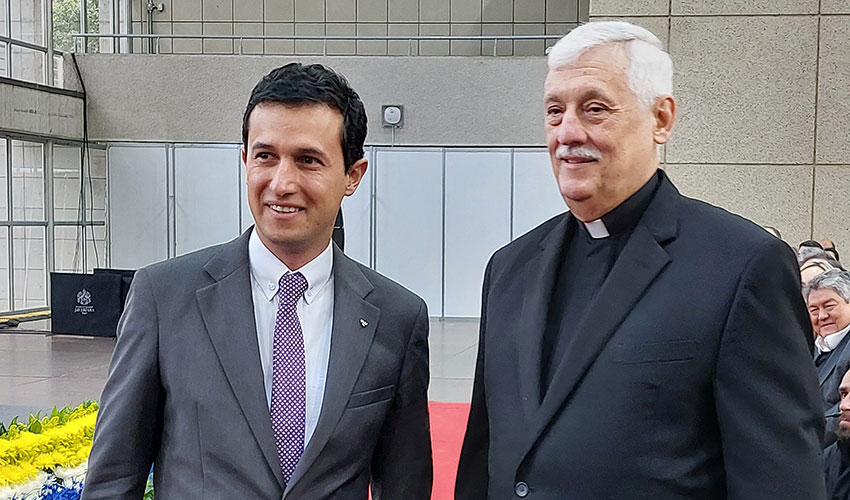
What services does the Pastoral Centre offer?
The Centre has a two-fold strategic approach. It focuses on issues related to Ignatian identity, and then expresses that identity in terms of mission. We seek to form people who reflect about the University from their personal experience. We aim to lead the person to the core of his/her spiritual experience, and to help them to express this experience in service. Our commitment is experiential and ranges from recognizing, through the Spiritual Exercises, the love we carry within us in our search for God, to an experience of community. Among other factors, Ignatian leadership involves communal approach which challenges the social and political problems which the country face. Such service utilizes social and environmental categories.
What is the level of religious sensitivity of young university students?
It is very common to hear students say: “God yes, Church no”, “spirituality yes, religion no”. Few people declare that they are atheists. But I perceive a growing scepticism and indifference towards life in general, and, to me, this is perhaps more worrying than outright atheism. A number of factors lie behind the emptiness which many young people feel. This emptiness can elicit two attitudes. The first can be described as a sceptical indifference, and the second involves a quest for inner life, and ultimately for faith. Much depends on how we offer hope to the concerns of young people, for this provides the framework for them to process the meaning of their existence.
The
Javeriana provides a rich University environment. The university offers an
integrated formative experience which progressively unfolds the meaning behind
its existence. At the base of the course-workshop, the Spiritual Exercises, a
basketball training session, a dance rehearsal, thousands of students sense
that there is a commitment to them as persons. It is from this that they begin
to discover the kind of University that they are attending, and many come to
discover the spiritual basis of the institution.
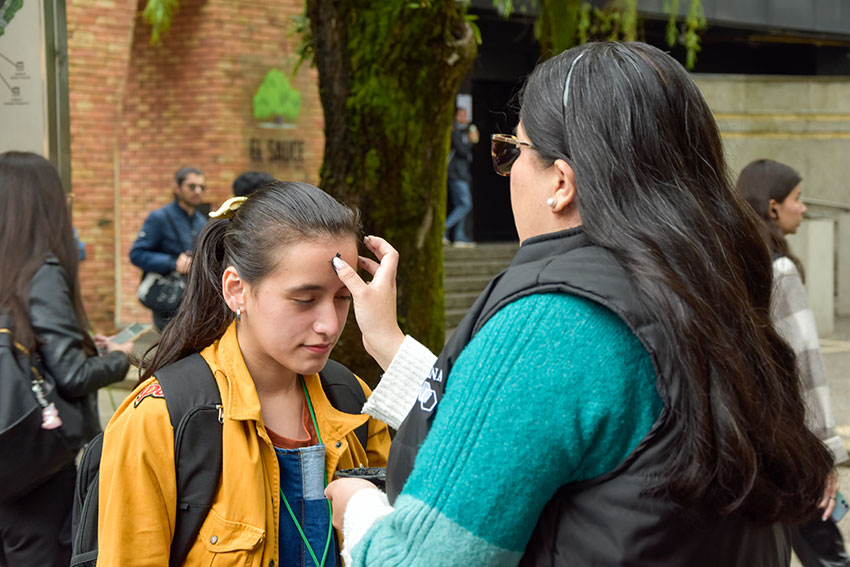
Student testimonials:
What I found in the Misión is that my vocation is precisely service. I am passionate about accompanying communities, really learning from them. Because you don’t go there to teach, but rather to receive love and gratitude.
I really realised that Ignatian spirituality is part of my daily life. Themes such as Ignatian pauses are a way to really get closer to others. So I feel that from my training in volunteering and my involvement in the pastoral centre I have received the opportunity to embrace characteristics that make me more human and more connected to others.
I came to PLIUL looking for new experiences that would give meaning to my actions; and I have received this... It has allowed me to connect more with myself, with others and with my environment, as well as to make Ignatian Spirituality part of my daily life. It has also allowed me to contribute my grain of sand in the construction of a better world. The experience reminded me that the driving forces in my life are love and service; to be available to serve with love always, unconditionally.
